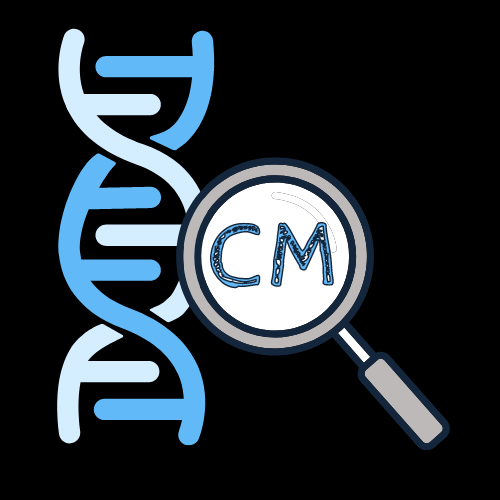While the COVID-19 pandemic may not be covered in the news to the extent that it was when it first began, it is still an important topic that influences how we approach global health. For instance, the pandemic has revealed various inequities in the global healthcare system. The data on the individuals most likely to get sick and succumb to this virus reveals a disturbing link between social inequities and one’s chances of survival.
A report by the CDC found that, after adjusting for age differences, African-Americans were more likely to be hospitalized with COVID-19 than white people.
The devastating impact of COVID-19 on front-line workers, such as nurses, childcare providers, and grocery checkers, also highlights that the most vulnerable individuals in society often have the lowest levels of protection. The US needs urgent national and local action to address the root causes of racial, economic, and health disparities.
The US has shown the world on various occasions that it is a leader in addressing global health issues. However, despite the various initiatives that the US has been able to implement, the country has still struggled to respond effectively to the COVID-19 pandemic. This is why it is valuable to take the lessons from other countries and apply them to improve the health system in the US.
- Public Health Will Be Refocused
Despite the technological advancements in the US in medicine, it is still not enough for the country to prioritize public health. As a result, over 38,000 jobs have been lost in local and state health departments over the past decade.
We must focus on public health as the US continues to respond to the COVID-19 pandemic, and prepare for future pandemics. This can be done by establishing a comprehensive public health system designed to keep Americans safe. At every level, the country should have a vision of how to improve the health system.
- Addresses Injustice
Decades ago, global health programs learned that diseases could be linked to various structural factors such as poverty, inequality, and educational and economic opportunities. The efforts of multiple organizations, such as the US Agency for International Development (USAID), can improve the world by addressing these issues.
The US social safety nets are beyond broken, and it has been argued that systemic racism is one reason people are still experiencing poverty and discrimination.
- Investing In Your Community
US public health officials can gain a deeper understanding of the country’s health system by meeting with local health workers. These individuals can help identify better ways to serve those in their communities, thus benefiting healthcare organizations and their patients.
Through the Affordable Care Act, health systems in the US could expand their reach by engaging community health workers.

